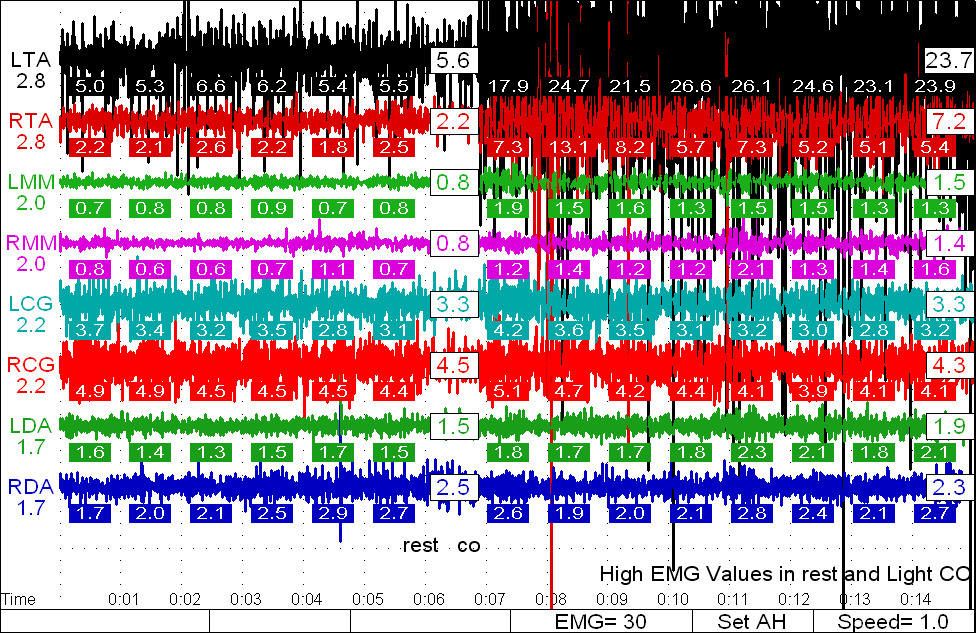Neuromuscular Dentistry and TMJ Treatment in Austin, TX
When the nerves, muscles, and hard and soft tissues in your jaw and mouth become misaligned, damaged, or fatigued, it often requires the help of an experienced neuromuscular dentist to help you identify the root problem and provide effective treatment.
If you suffer from chronic migraine-like headaches or other TMJ-related symptoms discussed on this page, please contact BridgeView Dental online or at (512) 347-8299 to schedule a consultation with LVI-trained neuromuscular dentist Dr. Lance Loveless. We proudly serve the Austin area and welcome patients from Lakeway and West Lake Hills.
Treating Your Temporomandibular Joint Disorder
A customized TMJ treatment plan is designed to keep your jaw aligned and your muscles free from pain. To accomplish this, Dr. Loveless will meticulously evaluate your oral structure and recommend an individualized treatment plan that addresses your specific needs. Depending on the details of your condition, he may recommend:
-
- Nighttime jaw movements related to sleep apnea
-
- Rheumatoid arthritis or osteoarthritis
-
- Overbite, underbite, or crossbite caused by jaw misalignment
-
- Cartilage or disk erosion in the joints of the jaw
-
- Trauma to the jaw joints or other muscles in the head or neck
-
- Jaw muscle fatigue resulting from grinding, clenching, or other abnormal function

Contact Us Today to Schedule Your TMJ Consultation
If you live in the Austin area and would like to learn more about TMJ and how Dr. Loveless may be able to help, please call BridgeView Dental today by completing the form on this page or calling (512) 347-8299 to schedule your TMJ consultation. We happily welcome patients from Austin, Lakeway and West Lake Hills.
- Invisalign: These clear, removable plastic braces can gently shift your teeth into the desired location over time.
- Oral appliance: Appliance therapy helps your jaw to rest in a proper physiological position.
- Full mouth reconstruction: This comprehensive approach can build up or change the shape of your teeth to support the comfortable and physiological position of your bite.
- Tooth replacement: Filling the gaps of missing teeth with dental implants stops other teeth from shifting.






